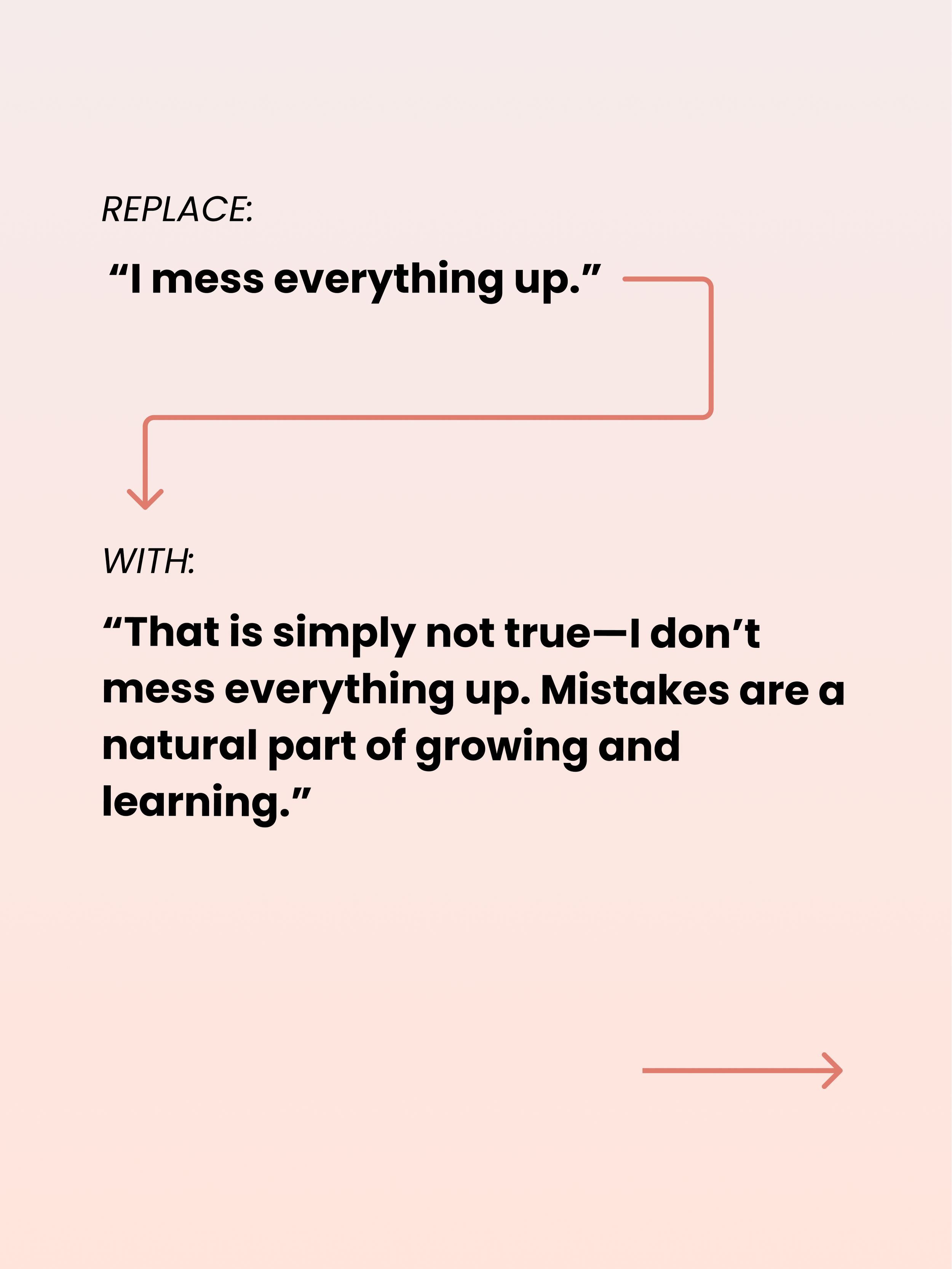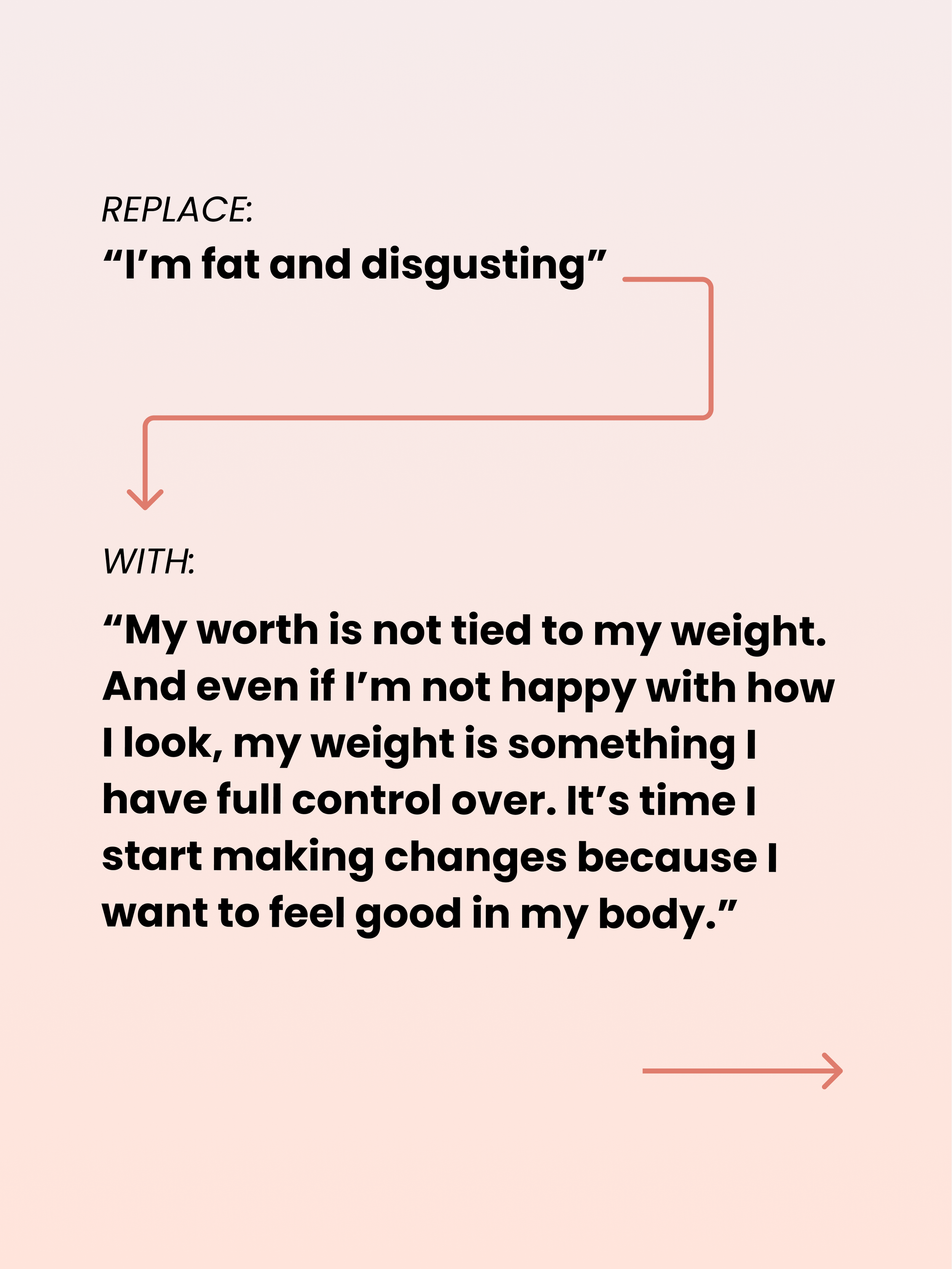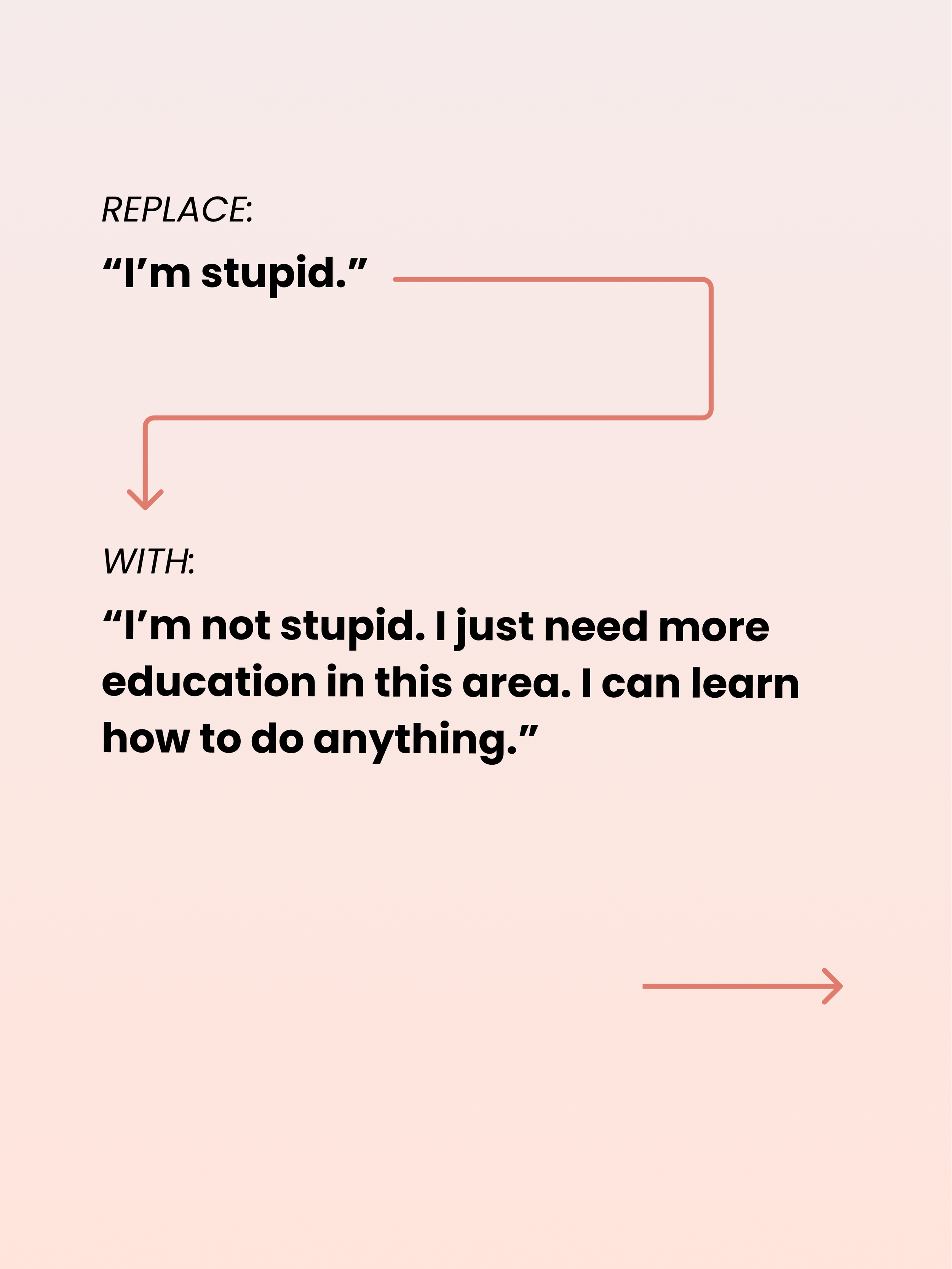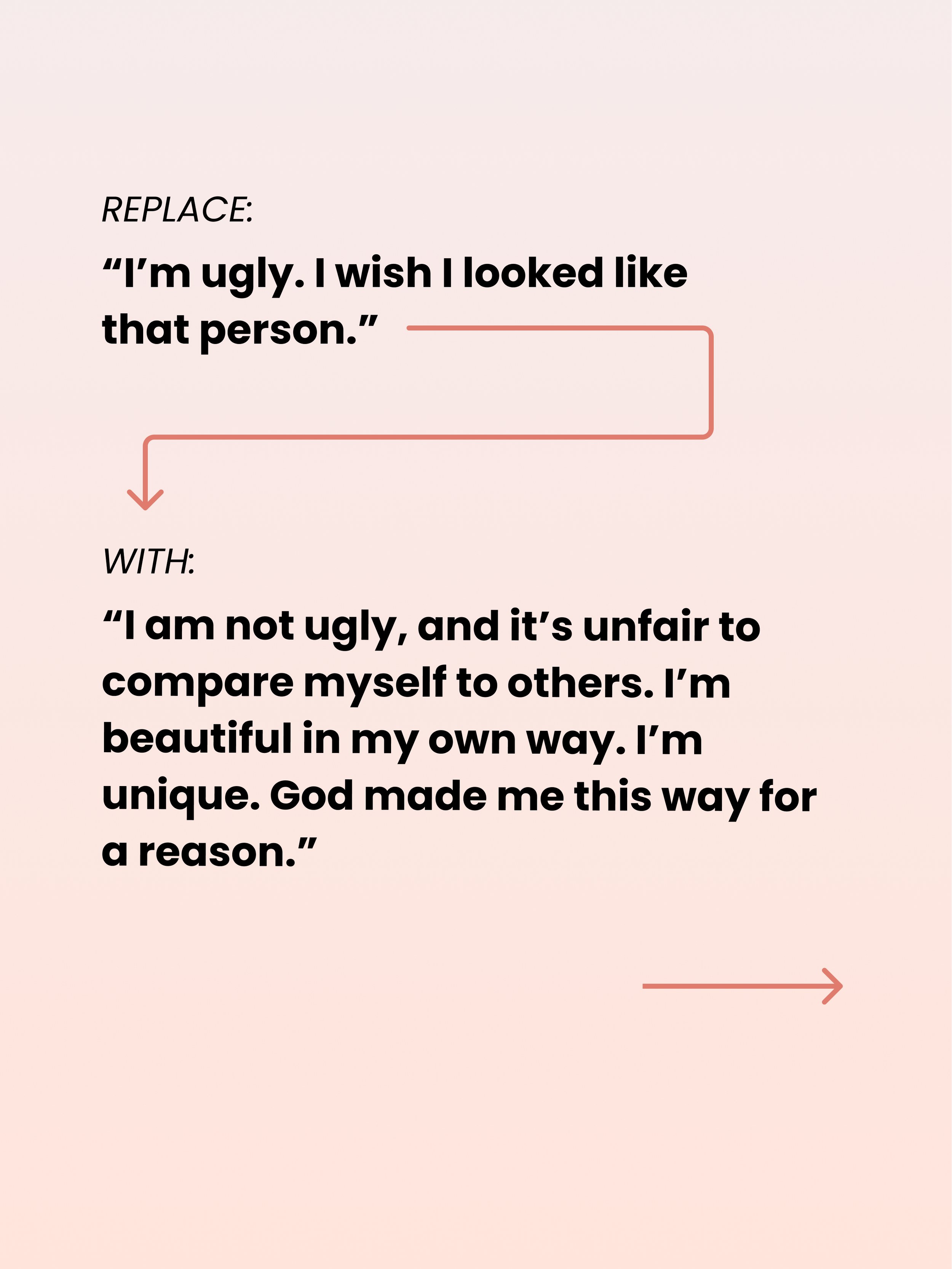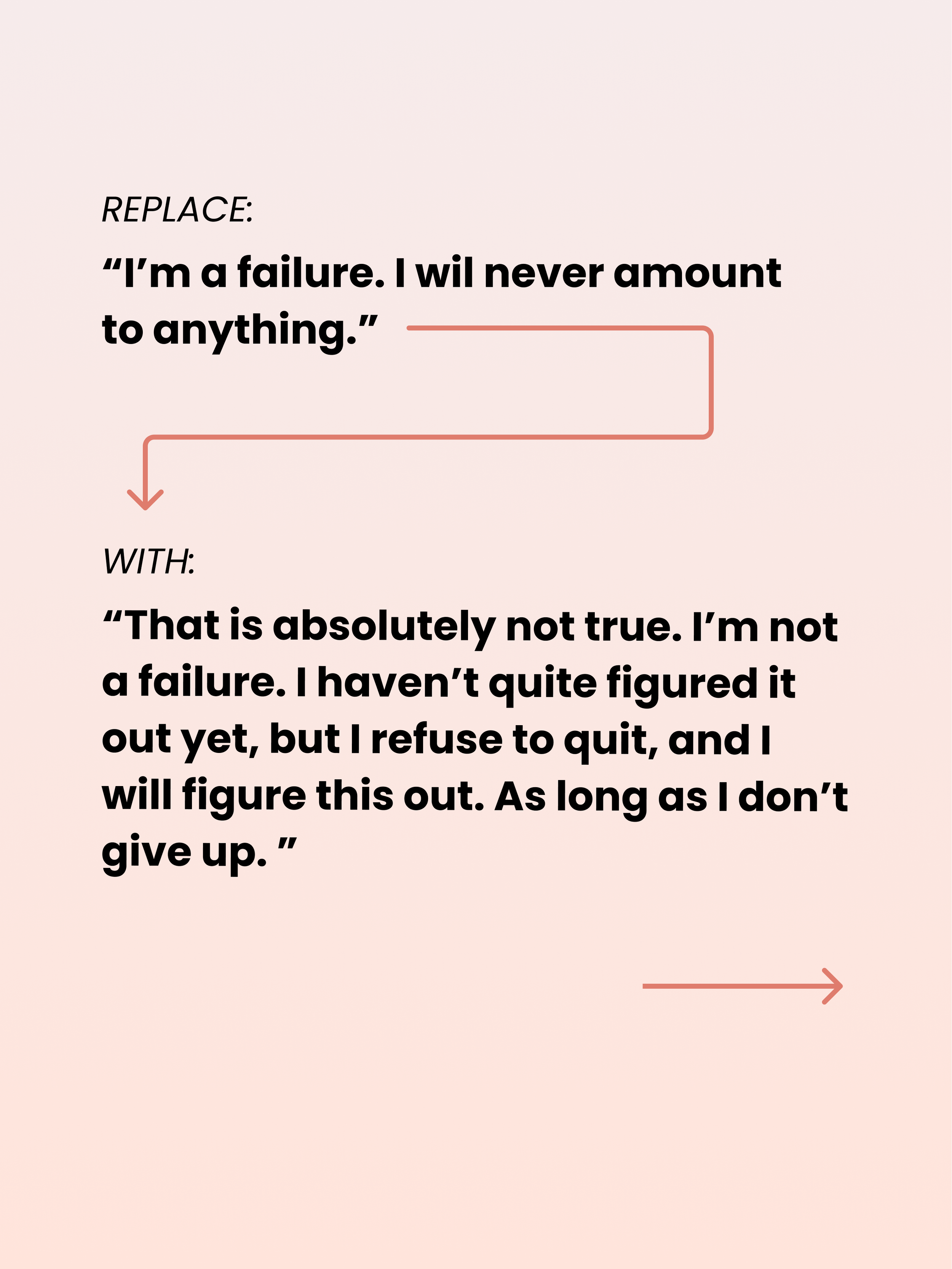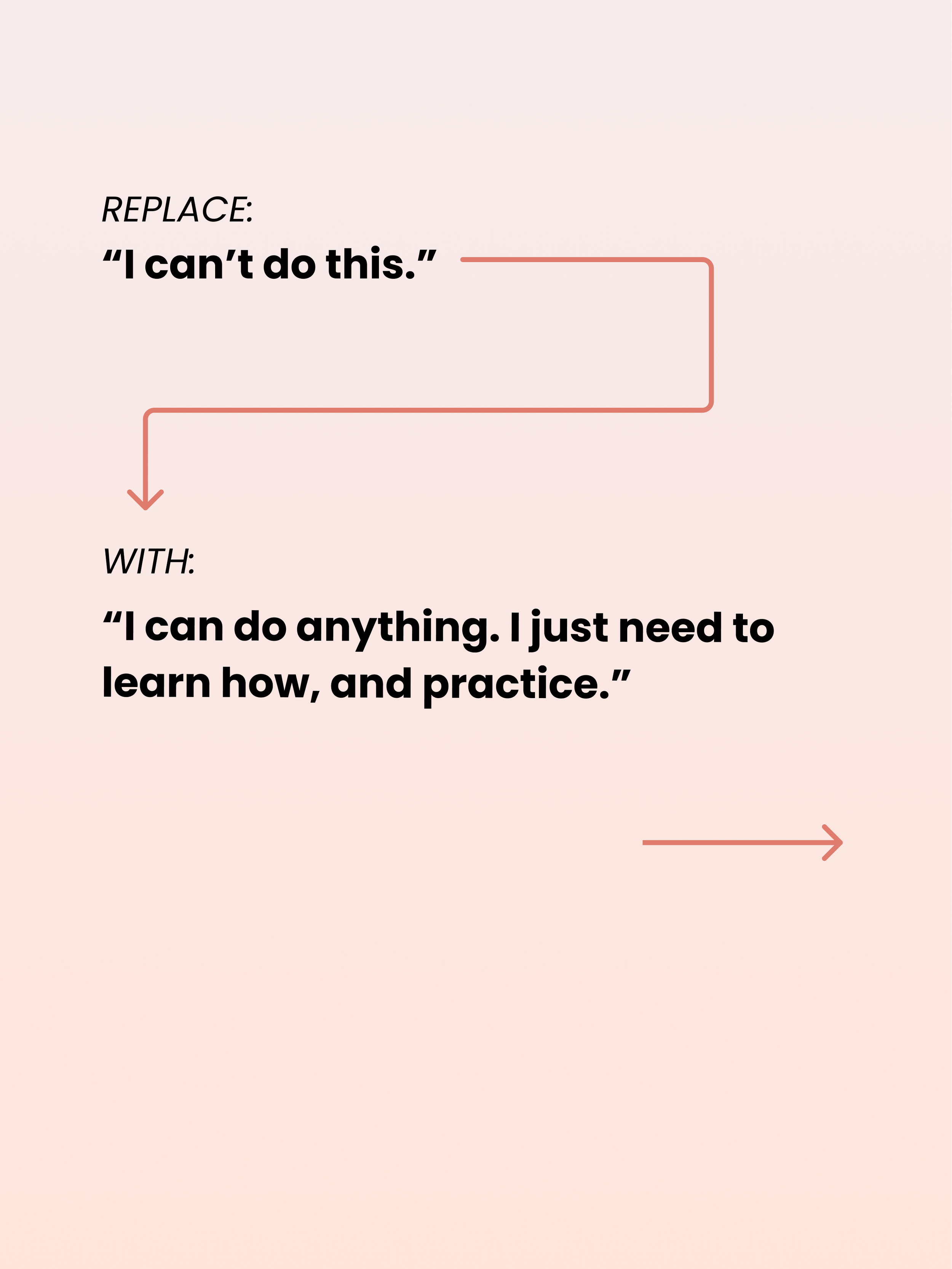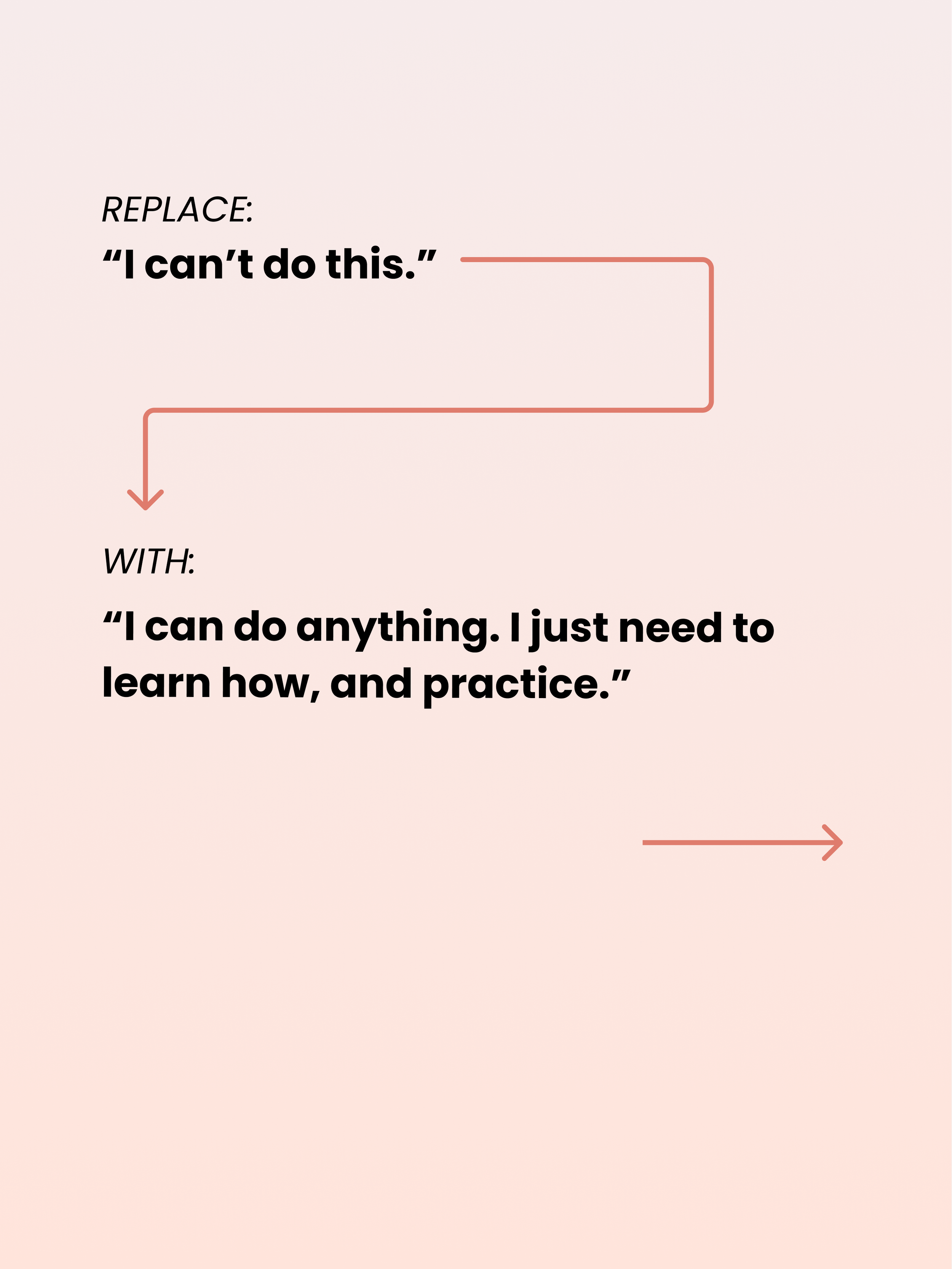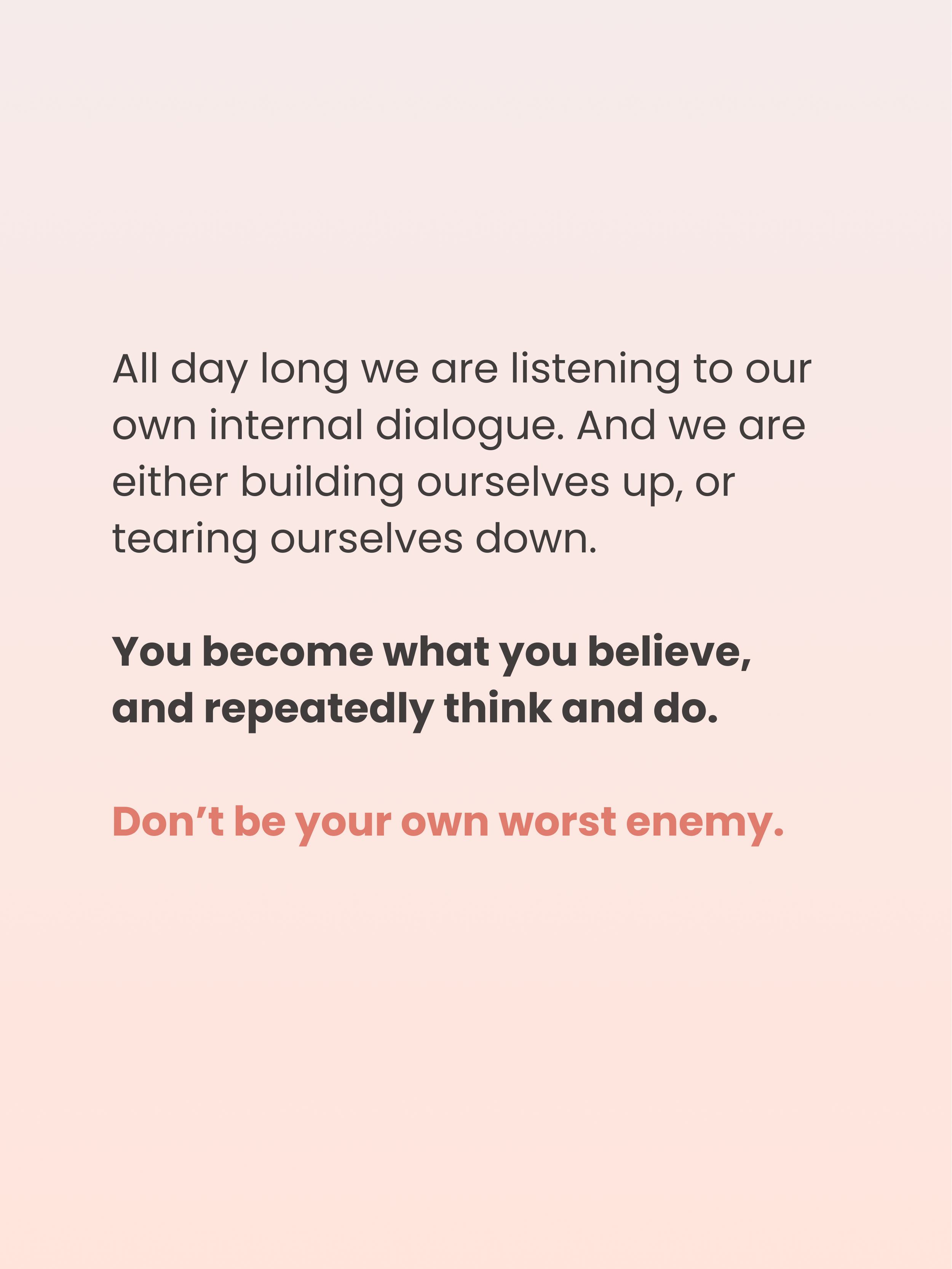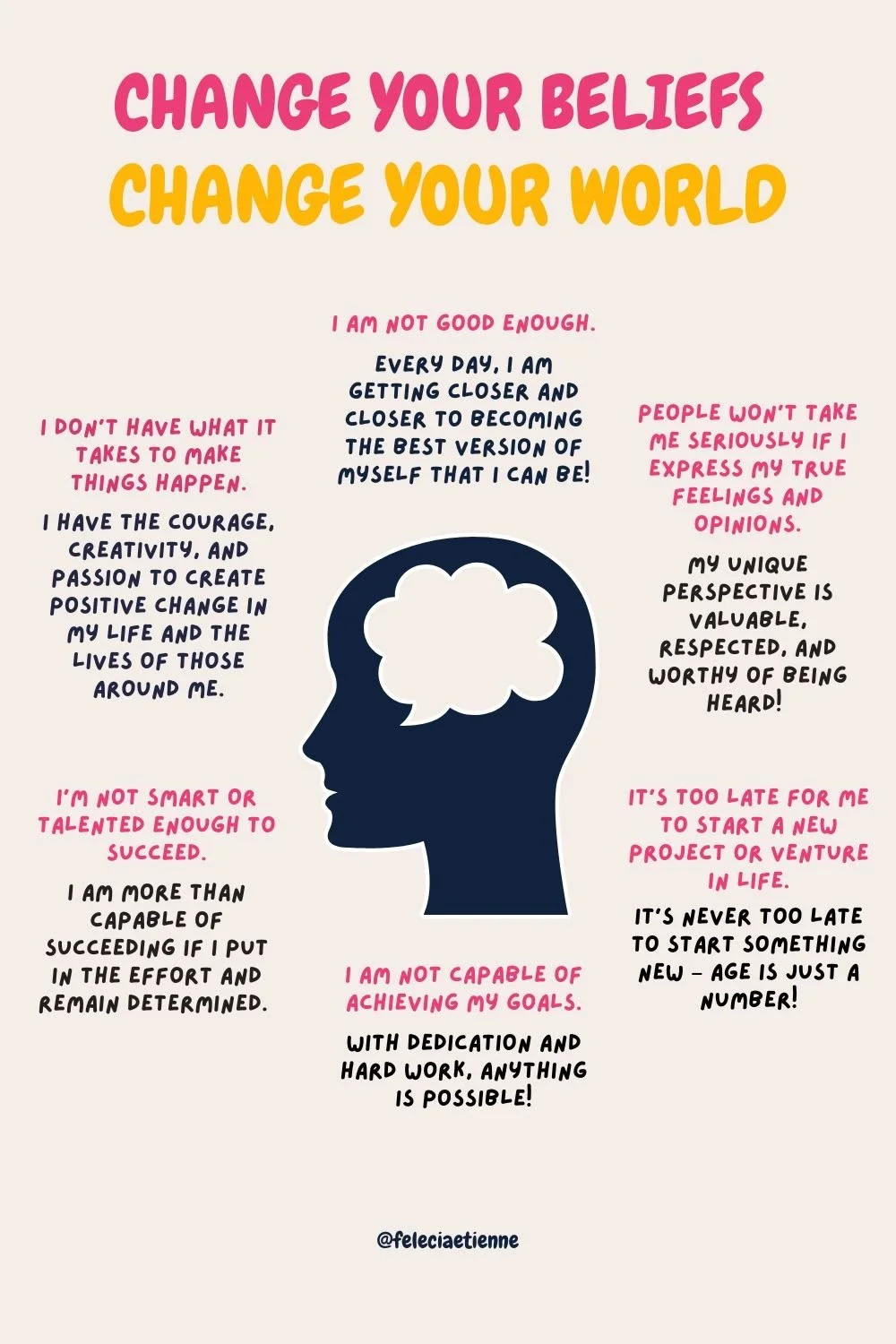How to Train Your Brain to Think More Positively (Neuroplasticity Explained)
Happy Monday, everyone! A little mindset reminder as we head into the week—because this time of year can be tough, and how we talk to ourselves truly matters.
Last night, I had a conversation with my 11-year-old. She’s incredibly smart, sweet, and capable…but like so many of us, she can be really hard on herself. She spirals into negative thoughts easily, and that’s actually more common than we realize.
I explained to her something powerful about the brain—something I think more adults need to hear, too:
Every time you think a negative thought, you strengthen that neural pathway.
Think of your mind like a forest. When a trail is walked over and over—by animals, hikers, anyone—the dirt gets more exposed, the greenery stops growing, and the path becomes easy to follow. Your brain works the same way. A thought repeated often becomes the “default trail.”
Negative thoughts come quickly because that trail is well-worn.
But what happens when we start choosing new thoughts?
At first, creating a positive thought feels like pushing your way through dense trees and branches—awkward, uncomfortable, unfamiliar. There’s resistance. It doesn’t feel “natural” yet, and that’s okay.
Here’s the science:
Neurons that fire together, wire together. This is neuroplasticity—your brain’s ability to reorganize itself based on what you repeatedly think and do.
Over time, as you choose more positive, supportive thoughts:
That new pathway becomes stronger.
The trail becomes clearer.
And the old negative pathway starts to grow over—less visible, less automatic, less powerful.
Eventually, the positive thought trail becomes the one your brain takes on autopilot.
But it requires intention.
When the negative dialogue shows up, you must stop and redirect it—just like the image below. Catch it. Replace it. Repeat it. Not perfectly, but consistently.
Right now, your negative thoughts might be the default because they’ve been rehearsed for years. But with practice, your positive thoughts can become just as automatic…and infinitely more supportive.
You deserve that.
